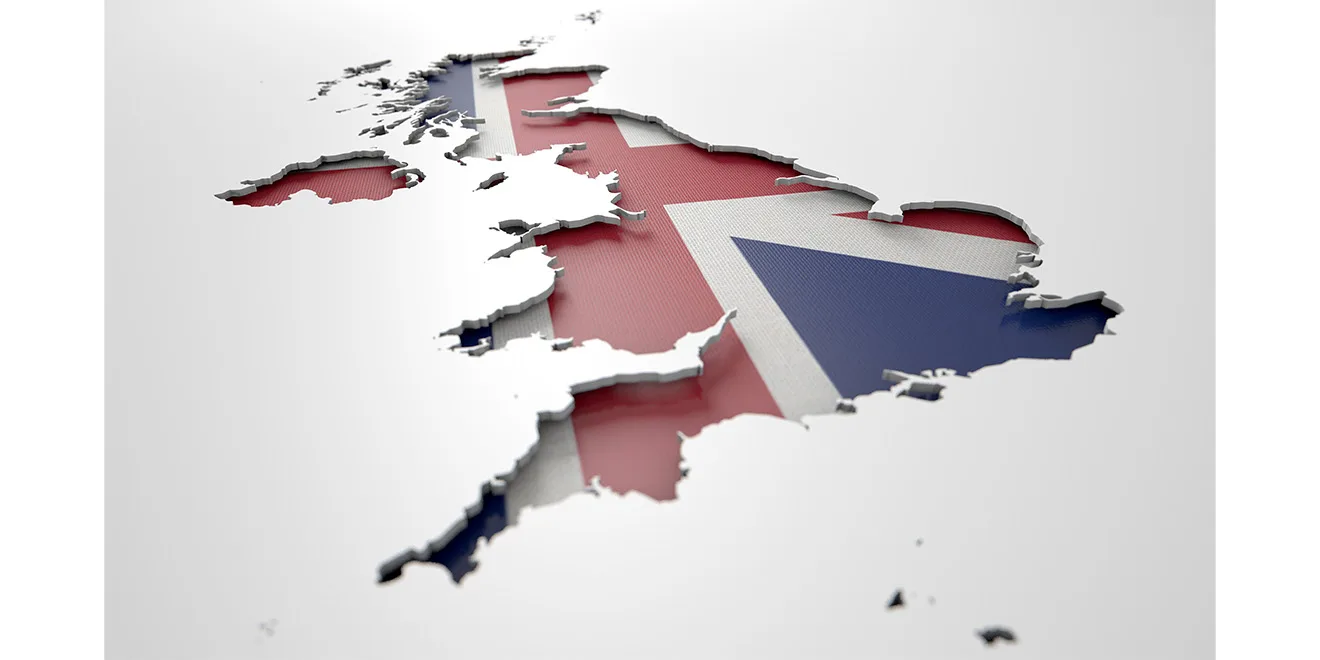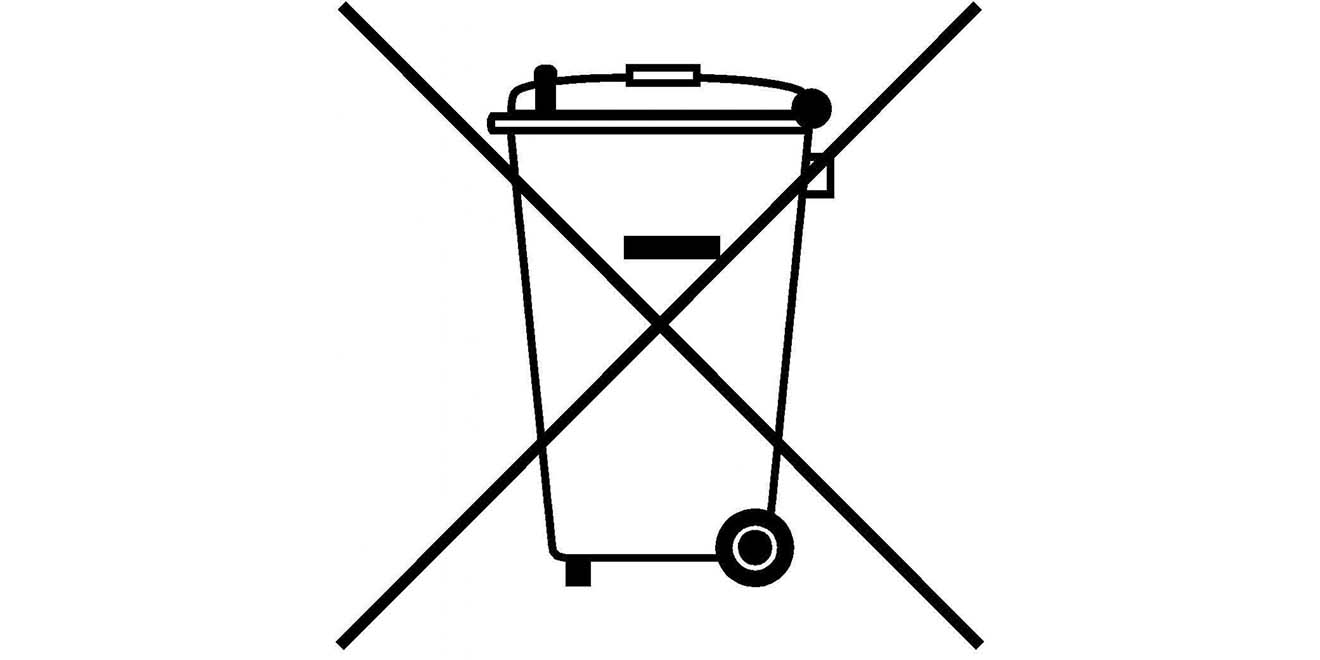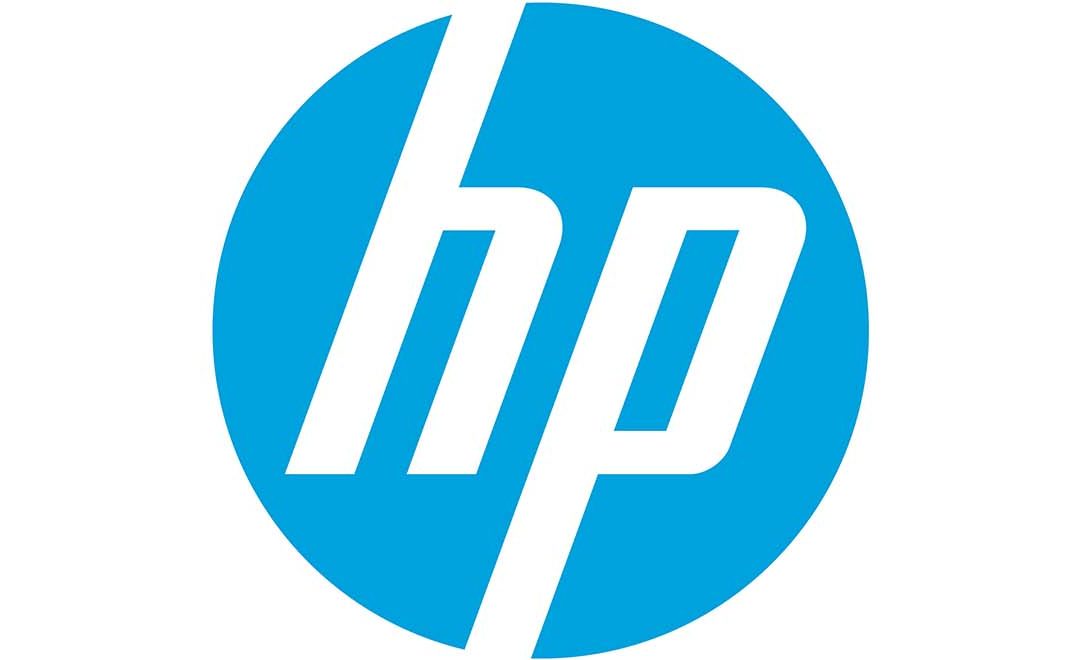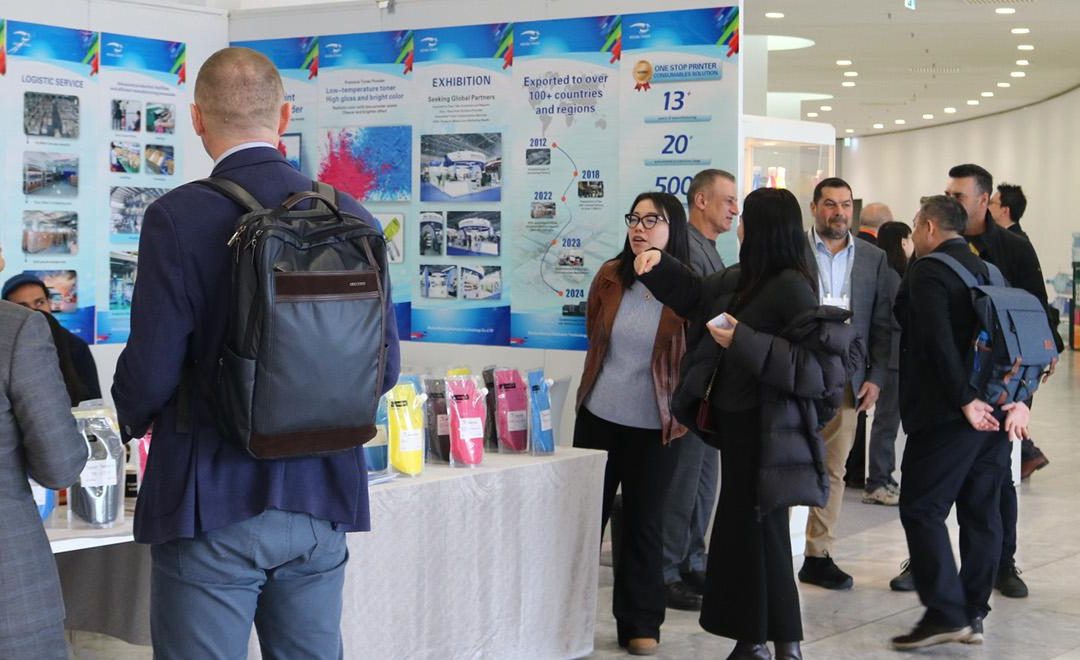Defra unveils radical reforms for WEEE systems, targeting increased collection, recycling, and new responsibilities for online marketplaces, effective January 2026.
In a move set to transform the handling of electronic waste, the UK government, through the Department for Environment, Food, and Rural Affairs (Defra), has released an ambitious consultation document proposing significant reforms to the country’s producer responsibility system for waste electrical and electronic equipment (WEEE).
Central to the proposed changes is an enhanced focus on increasing collections of household WEEE. Under the new system, Local Authorities will play a pivotal role, ensuring the separate collection of a wide array of household electronics – from large domestic appliances and solar panels to TVs and computer monitors. This initiative marks a significant step towards more efficient recycling and disposal of electronic waste.
 The consultation proposes to extend regulatory obligations to online marketplaces and fulfilment houses, a sector previously unregulated in this context. This change aims to bridge the responsibility gap, particularly for overseas sellers, ensuring comprehensive compliance with the WEEE Regulations across all sales platforms.
The consultation proposes to extend regulatory obligations to online marketplaces and fulfilment houses, a sector previously unregulated in this context. This change aims to bridge the responsibility gap, particularly for overseas sellers, ensuring comprehensive compliance with the WEEE Regulations across all sales platforms.
The proposed overhaul will see the establishment of a WEEE Scheme Administrator, a sector-led organisation tasked with overseeing the strategic and operational elements of the WEEE system. This proposal parallels the management organisations for the upcoming deposit return schemes for drink containers across the UK, reflecting a broader shift towards more sustainable practices.
The consultation also introduces a novel approach to collection targets and compliance fees. Debating the efficacy of the current system opens the floor to potentially realigning Local Authorities with Producer Compliance Schemes under a centralised allocation system. This move could streamline and enhance the effectiveness of electronic waste collection.
Redefining success metrics, the government is keen on exploring new performance indicators, moving away from traditional weight-based targets. This shift acknowledges the complex nature of electronic waste and the need for more nuanced and effective measurement tools.
In response to the burgeoning environmental concerns surrounding vaping products, the consultation also considers creating a new category within the WEEE system specifically for vapes, addressing their collection and recycling.
The most striking feature of the proposed changes is the introduction of a UK-wide household waste collection system for small and bulky items, financed mainly by the equipment’s importers and manufacturers. This system would obligate sellers to take away old appliances at no extra charge under certain conditions, significantly easing the recycling process for consumers.
The government proposes that producers and distributors without take-back services should finance bulky waste collection services for large WEEE items, typically provided by Local Authorities. This initiative aims to ensure that the disposal of large electronic items does not burden consumers financially.
For the office imaging sector, the consultation suggests that importers of printers and consumables will also contribute to funding the WEEE collection scheme, reflecting the growing impact of printer waste on the environment and the need for responsible reuse, disposal and recycling of these products.
These proposals, if implemented, are expected to significantly increase the efficiency and effectiveness of WEEE collection, treatment, and recycling in the UK, marking a significant leap towards a more sustainable and circular economy. Any changes will take effect from 1 January 2026.




